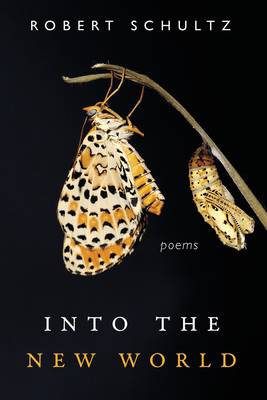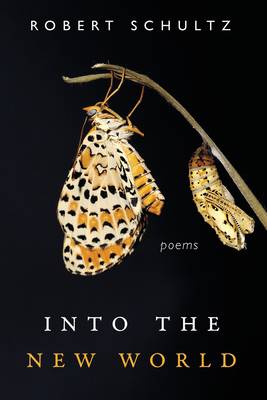
- Afhalen na 1 uur in een winkel met voorraad
- Gratis thuislevering in België vanaf € 30
- Ruim aanbod met 7 miljoen producten
- Afhalen na 1 uur in een winkel met voorraad
- Gratis thuislevering in België vanaf € 30
- Ruim aanbod met 7 miljoen producten
Zoeken
Omschrijving
In the title poem of Into the New World Robert Schultz takes the reader on a walk around the World Trade Center site shortly after its destruction: in response to this event, the book ranges through the extremes of war and peace, as well as backwards and forwards in time, searching for shards out of which to build an enabling, humane perspective. Schultz's voice is distinctive, yet he also has fashioned poems out of the nation-shaping prose of Emerson, Thoreau, and William James. Others are spoken in the voice of a Confederate surgeon, an American GI, and a Khmer Rouge photographer. The poems treat wars past and current; the vivid presences of nature; love, marriage, and family--always seeking moments of lyric insight. Such moments occur as the speaker paddles across a shimmering lake, walks at night next to the black reflective wall of the Vietnam Veterans Memorial, or, courtesy of NASA, gazes at the rocky plains of Mars. Schultz writes mostly in free verse, but he also adapts the music of forms ranging from the sonnet to the ghazal to Dante's terza rima. In its variety and generosity, Into the New World fashions poem-sized meeting places that invite us to be less divided from one another, less alone.
Specificaties
Betrokkenen
- Auteur(s):
- Uitgeverij:
Inhoud
- Aantal bladzijden:
- 88
- Taal:
- Engels
Eigenschappen
- Productcode (EAN):
- 9781639820818
- Verschijningsdatum:
- 7/10/2020
- Uitvoering:
- Paperback
- Formaat:
- Trade paperback (VS)
- Afmetingen:
- 152 mm x 229 mm
- Gewicht:
- 140 g

Alleen bij Standaard Boekhandel
+ 33 punten op je klantenkaart van Standaard Boekhandel
Beoordelingen
We publiceren alleen reviews die voldoen aan de voorwaarden voor reviews. Bekijk onze voorwaarden voor reviews.











